Why Renovation Is Important in a Hotel: A hotel renovation isn’t just a facelift – it’s a strategic investment. In today’s hospitality landscape, where travelers value comfort, technology, and aesthetics more than ever, hotels must continually evolve to stay competitive. Renovating ensures your property meets brand standards, attracts more guests, and maximizes profitability. It enhances not only how your hotel looks, but how it performs.
According to research, hotels that invest in renovations see improved occupancy rates and guest loyalty. That’s because thoughtful upgrades elevate the overall experience of a hotel and in this industry, experience is everything.
Why Renovation Is Important in a Hotel:
1. Revitalize Guest Experience & Satisfaction
Renovating is one of the most effective ways to create a memorable and modern guest experience. Whether it’s refreshed rooms, updated décor, or new tech amenities, improvements directly influence how guests feel during their stay. The more comfortable and impressed they are, the more likely they are to return and to tell others about it.
Key benefits:
- Modern finishes and clean design increase perceived value
- Smart room features and upgraded Wi-Fi enhance convenience & experience
- Improved comfort leads to better reviews and guest loyalty
- Contemporary style helps meet evolving traveler expectations
2. Boost Revenue & Market Penetration
Renovated hotels can command higher rates and capture new market share. A refreshed look and improved amenities allow hoteliers to increase their Average Daily Rate (ADR), attract new guest segments, and stand out in crowded markets. According to research, renovations directly support revenue growth by improving appeal and competitiveness.
Key benefits:
- Increase ADR and RevPAR with refreshed offerings
- Appeal to business, luxury, and group travel markets
- Stay ahead of local competitors with a modernized look
- Improve conversion rates on booking platforms
3. Improve Operational Efficiency & Reduce Costs
Renovation isn’t only about aesthetics, it’s also about smarter operations. Outdated systems and layouts can waste energy and time. By modernizing infrastructure and rethinking design, hotels can run more efficiently while lowering long-term costs.
Key benefits:
- New HVAC and lighting systems reduce energy bills
- Upgraded energy efficient windows reduce energy bills
- Better insulation and materials reduce noise and temperature issues
- Tech upgrades streamline staffing and guest communication
4. Stay Competitive & Protect Your Brand
In hospitality, first impressions matter and so does consistency with brand standards. Branded hotels must meet regular Property Improvement Plans (PIPs), while independent properties need to stand out on their own. Renovating helps maintain relevance and stay aligned with evolving brand requirements and guest expectations.
Key benefits:
- Ensure compliance with PIPs and franchise expectations
- Reposition the hotel for a new market tier or audience
- Refresh brand identity and build stronger visual presence
- Keep pace with evolving design and amenity trends
5. Long-Term Asset Value
Hotels are long-term investments. Properties that are well-maintained and periodically upgraded hold higher value, attract stronger buyers, and deliver better returns. Renovation helps protect that investment by keeping the property competitive and aligned with market trends.
Key benefits:
- Increase return on investment (ROI)
- Improve valuation and resale opportunities
- Attract investors and lending partners
- Extend the life of the asset and its appeal
How Long Do Hotel Renovations Take?
One of the most common questions hoteliers ask is: how long do hotel renovations take? The answer usually depends on the size of the property, the scope of work, and whether the renovation is phased to keep operations running.
On average, a full renovation including guestrooms, public areas, exteriors, and back-of-house can take 12 to 16 months.
Timeline Guidelines:
- Full renovation: 12–16 months
- Guestroom refresh: 3–6 months
- Lobby & amenity updates: 2–4 months
Factors that impact timeline:
- Hotel size and number of rooms
- Scope of work
- Permit approvals and local regulations
- Operational planning and guest occupancy
- Weather
Working with an experienced partner like Amerail Systems can help create a seamless schedule that minimizes disruption and maximizes ROI.
Conclusion
Renovating is an investment in your property’s future, and in your guests. From modernizing interiors and optimizing operations to boosting revenue and property value, it’s one of the smartest moves a hotelier can make.
With proper planning, phased execution, and a team like Amerail Systems on your side, renovation doesn’t have to be overwhelming – it can be transformational.
Whether you’re wondering how to renovate a hotel or how long a hotel renovation takes, the key is starting with a strategy and choosing the right partner.
Because when your hotel looks its best, it performs its best.

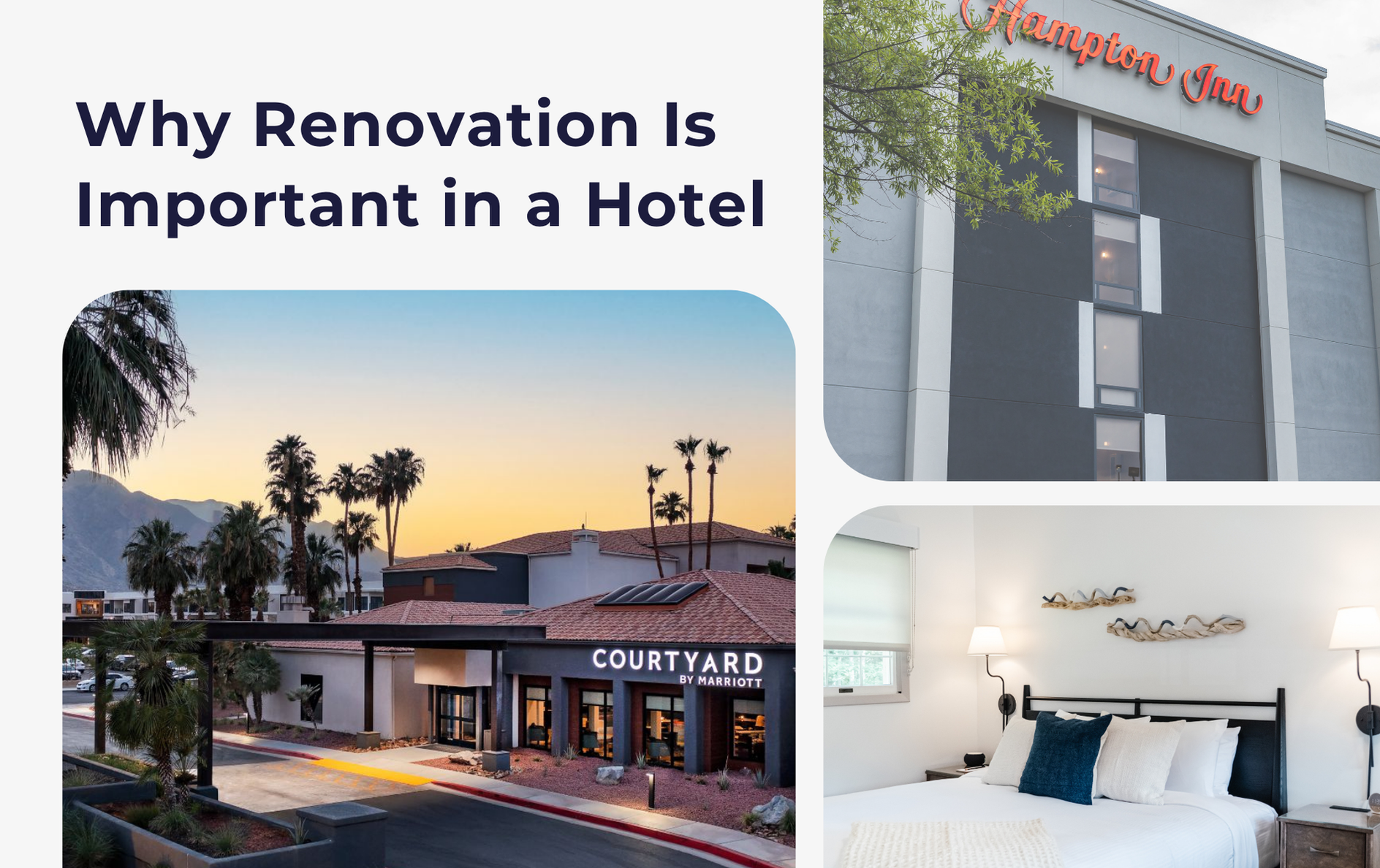
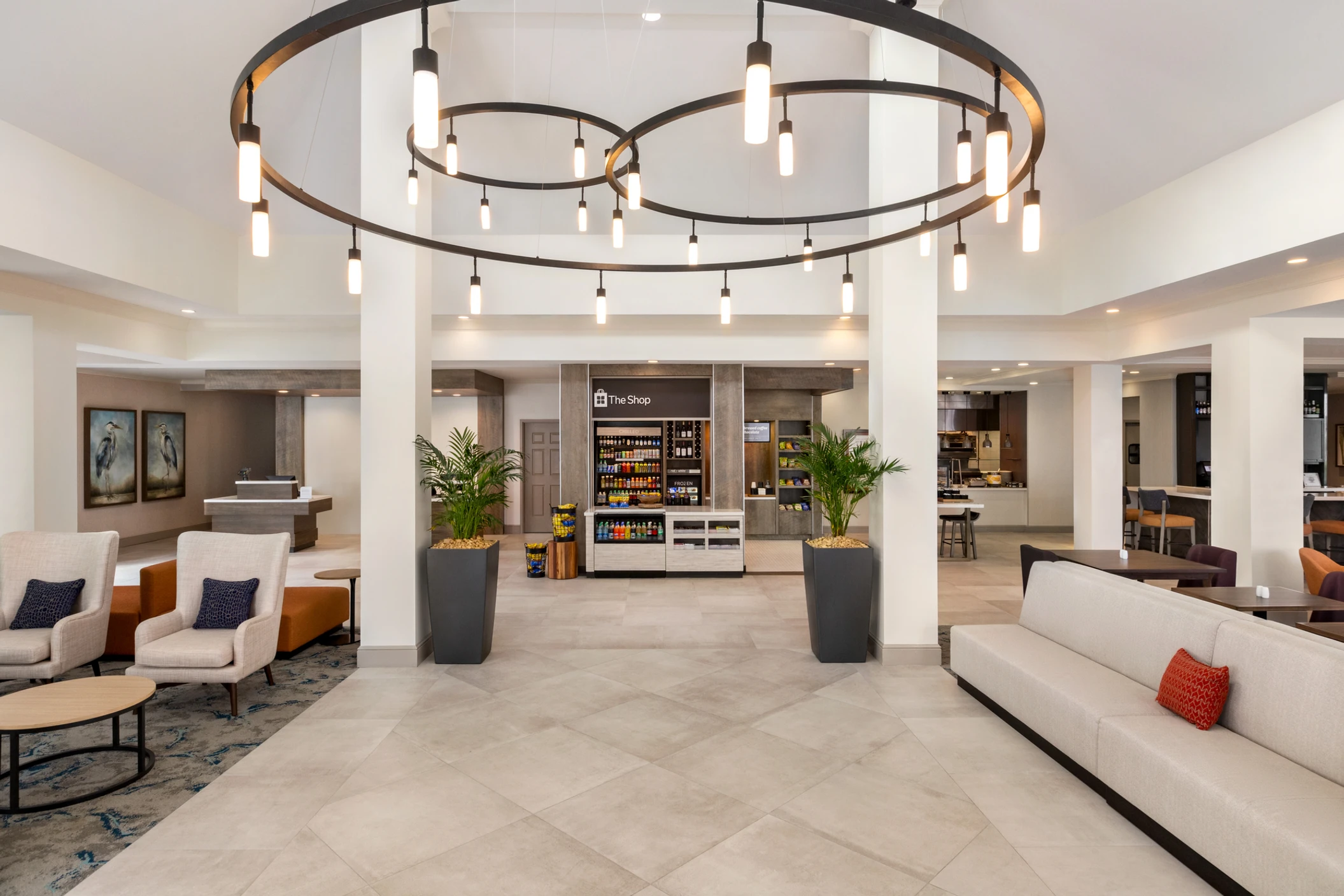
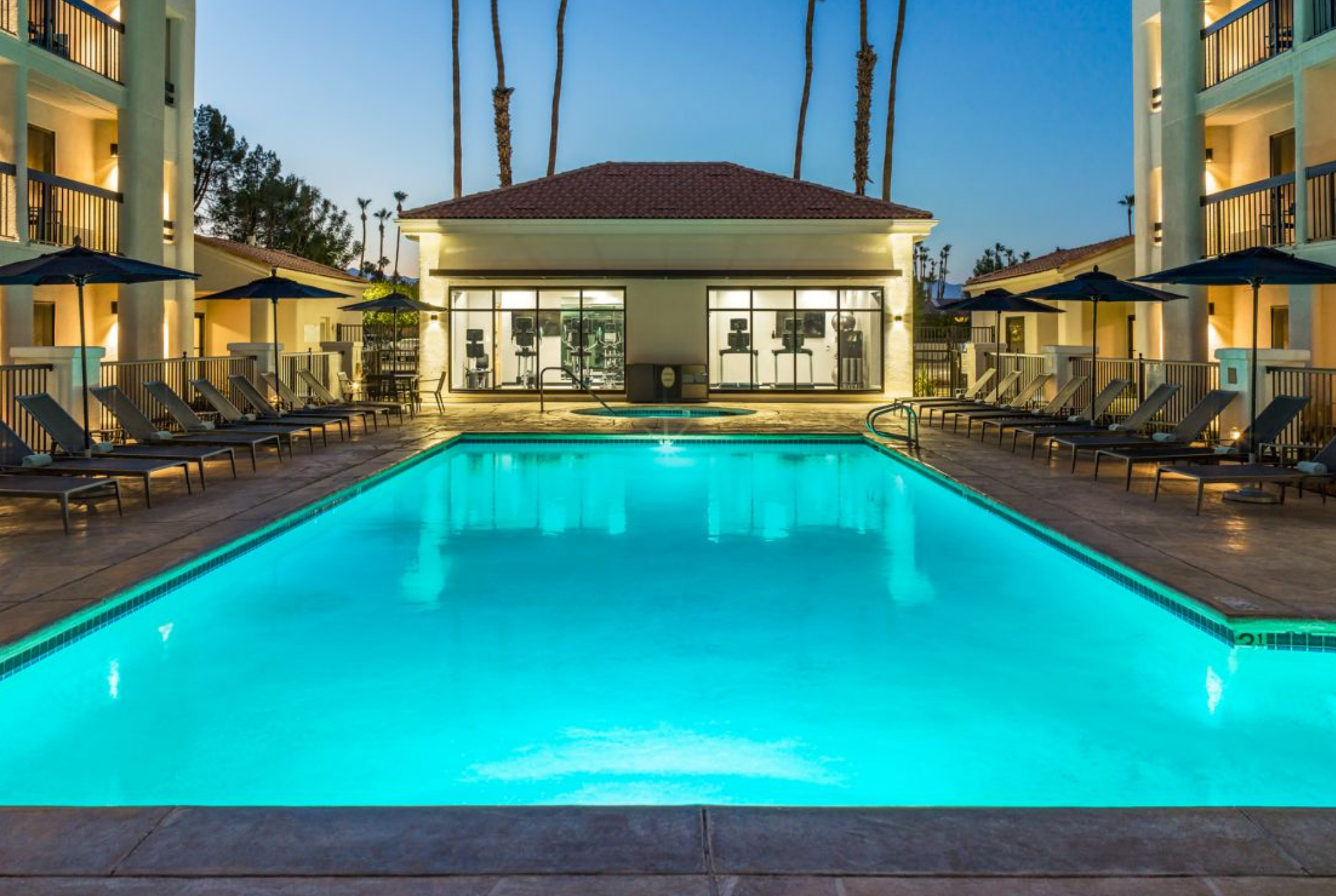
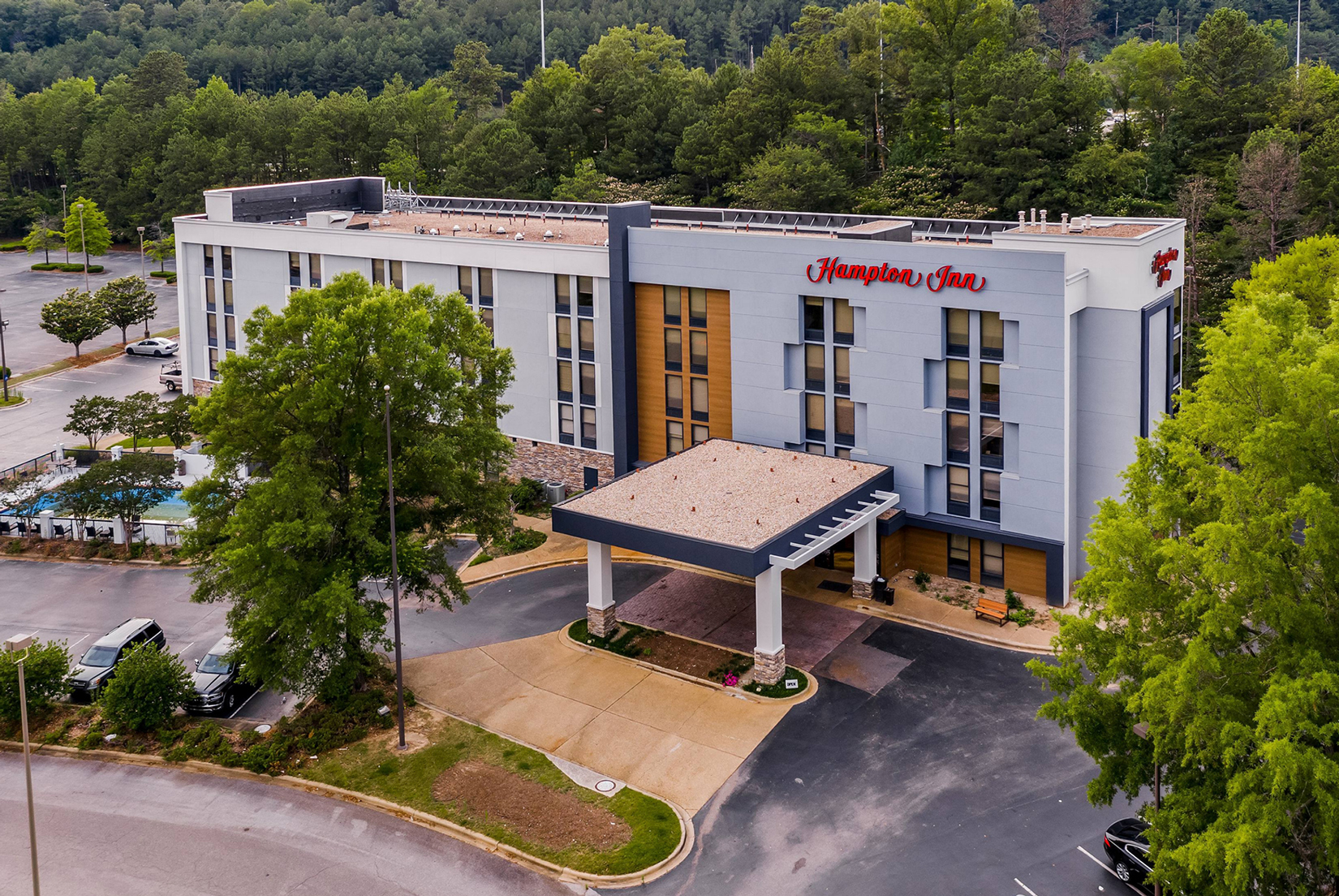
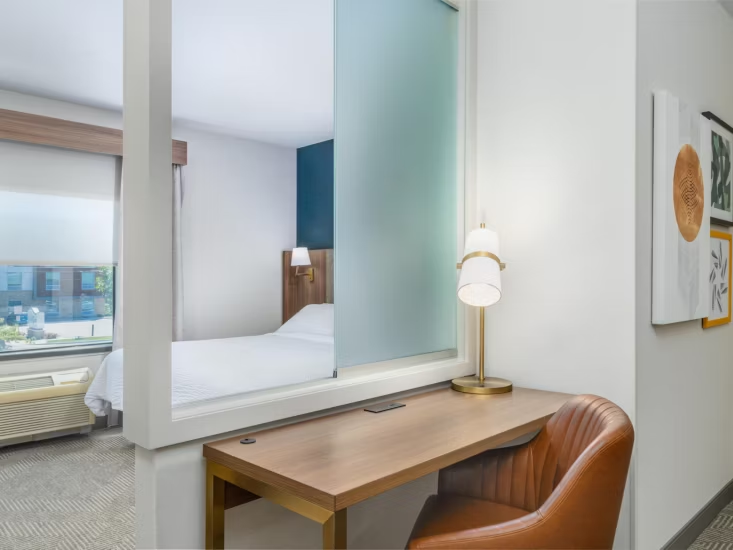
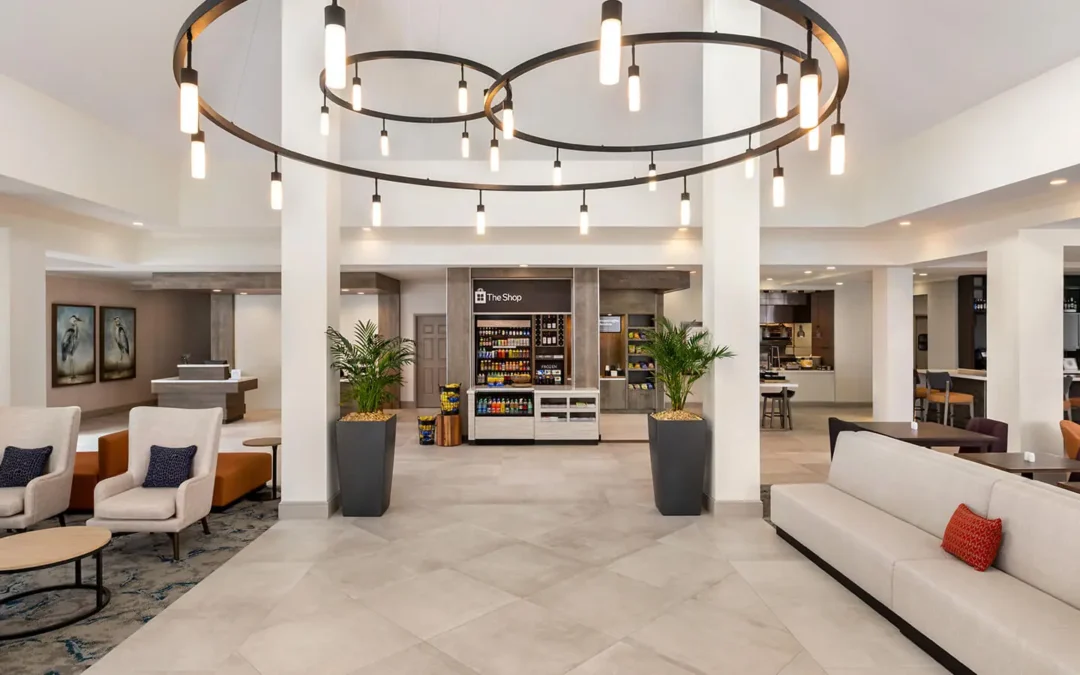
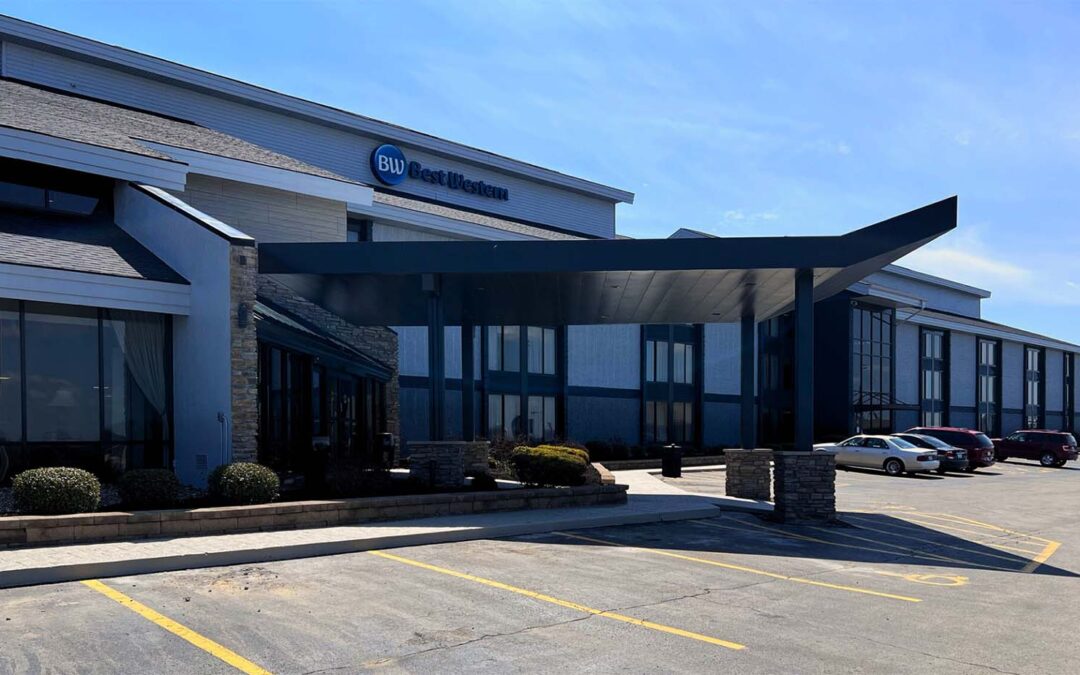
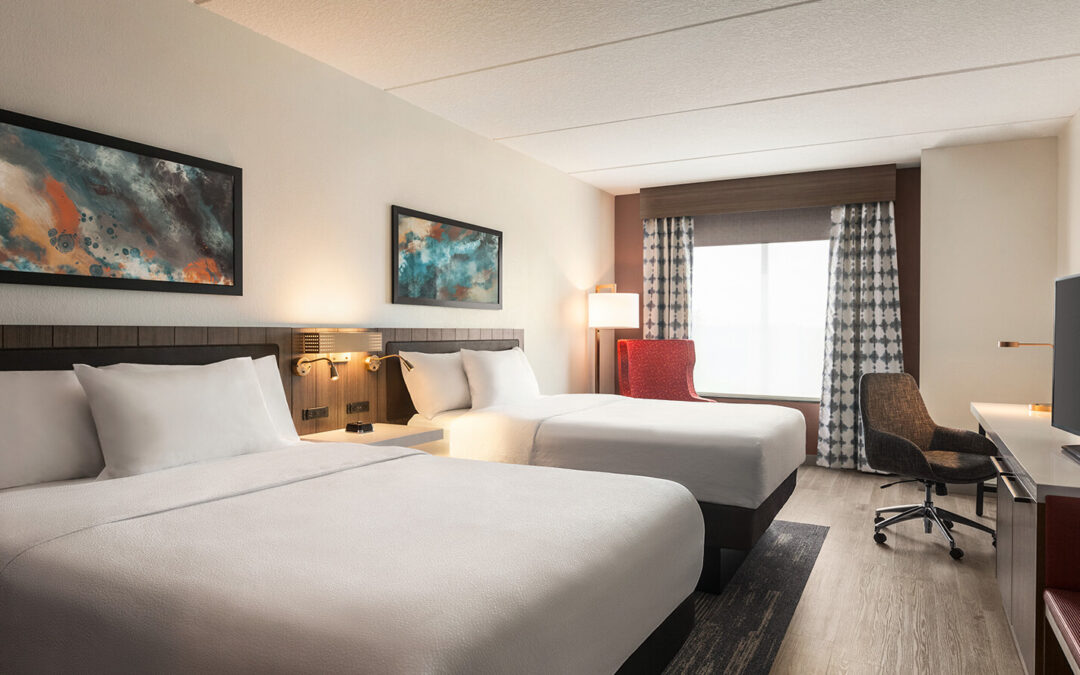

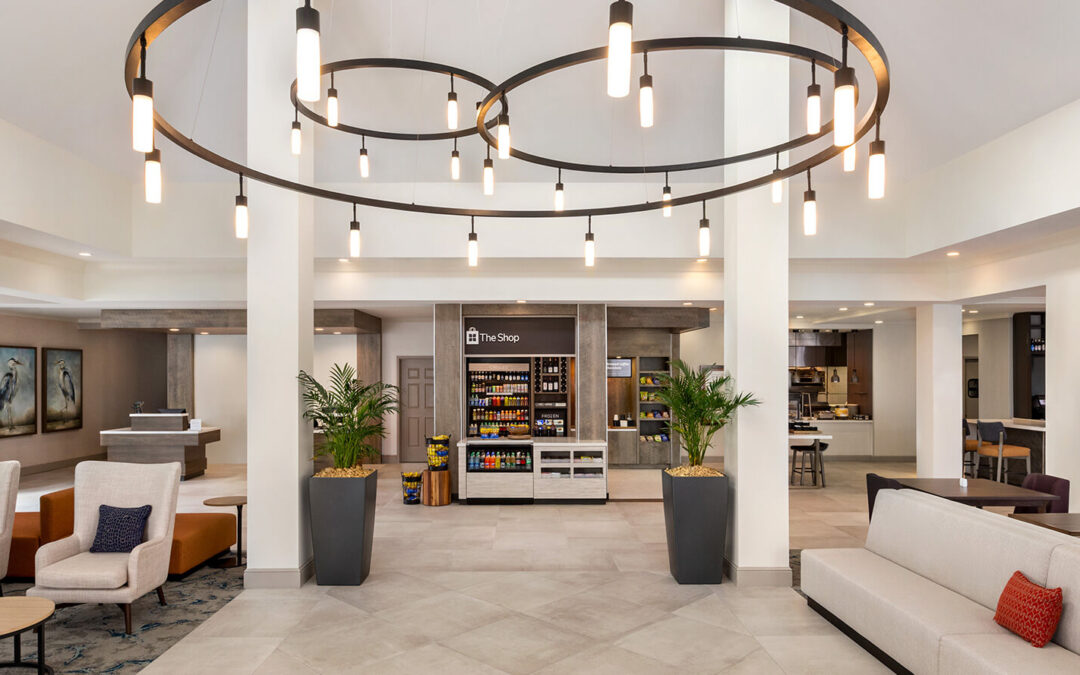


0 Comments